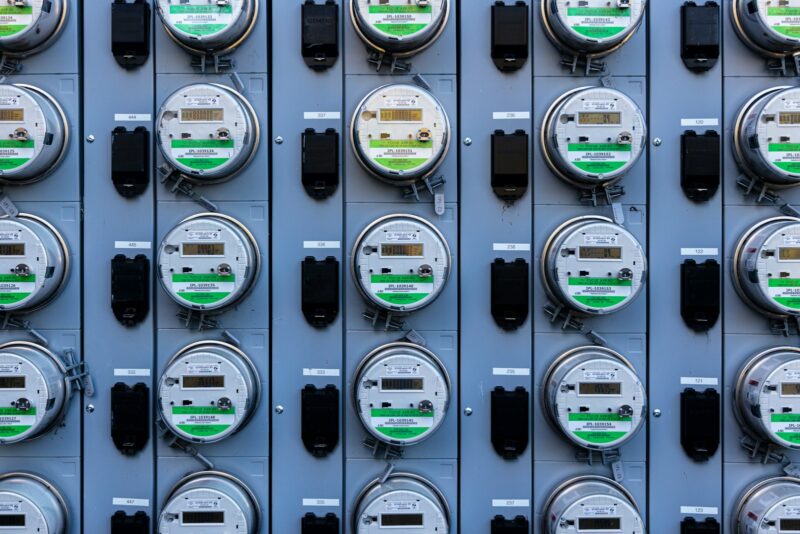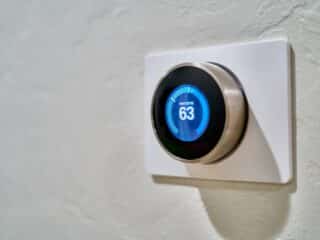
- Understand Your Business Needs
The first step in selecting the right HVAC system is to understand the specific needs of your business. Different types of businesses have different requirements for heating, cooling, and ventilation. For instance, a restaurant will have different HVAC needs than an office building or a retail store.
- Type of Business: Consider the nature of your business. For example, businesses that generate a lot of heat, such as restaurants with kitchens or factories with heavy machinery, may require more robust cooling solutions. In contrast, an office might prioritize air quality and consistent temperature control to ensure employee comfort and productivity.
- Size and Layout: The size of your building and its layout significantly impact the type of HVAC system you need. Larger buildings may require zoned systems to efficiently manage temperature in different areas. Open floor plans may need different considerations compared to buildings with multiple rooms and offices.
- Occupancy Levels: Consider the number of people occupying the space regularly. High occupancy levels generate more heat and require systems that can manage the increased cooling demand. Additionally, more people means more carbon dioxide, requiring efficient ventilation systems to maintain air quality.
- Types of HVAC Systems
There are various HVAC systems available, and each has its own advantages and suitability for different types of businesses. Here are some of the most common options:
- Split Systems: These are the most common type of HVAC system, consisting of an indoor unit (air handler) and an outdoor unit (condenser/compressor). They’re suitable for small- to medium-sized businesses and can efficiently provide heating and cooling.
- Packaged Systems: Packaged HVAC systems have all components in a single outdoor unit, making them ideal for buildings with limited indoor space. They’re commonly used in commercial buildings, providing efficient heating and cooling from a compact unit.
- Ductless Mini-Split Systems: These systems don’t require ductwork, making them a good choice for older buildings or areas where duct installation is impractical. Ductless systems are highly efficient and can be used to create different temperature zones within a building.
- Variable Refrigerant Flow (VRF) Systems: VRF systems are highly efficient and can simultaneously heat and cool different parts of a building. They’re suitable for larger buildings with diverse heating and cooling needs. VRF systems are flexible and can be scaled up or down as needed.
- Heat Pump Systems: Heat pumps can provide both heating and cooling by transferring heat between the indoors and outdoors. They’re energy-efficient and suitable for moderate climates. Businesses looking to reduce their environmental impact may find heat pumps an attractive option.
- Scalability and Flexibility
Your business needs may change over time, so it’s important to choose an HVAC system that can scale and adapt to your requirements.
- Zoning Capabilities: Zoning allows different areas of your building to be heated or cooled independently. This flexibility is particularly beneficial for businesses with areas that have different occupancy levels or functions, such as conference rooms, offices, and storage areas.
- Modular Systems: Consider HVAC systems that can be expanded or modified as your business grows. Modular systems allow you to add or remove components based on changing needs, making them a cost-effective solution for growing businesses.
- Professional Consultation and Assessment
Finally, it’s essential to work with a qualified HVAC professional who can assess your specific needs and recommend the best system for your business.
- Site Assessment: An HVAC professional can conduct a site assessment to evaluate your building’s heating, cooling, and ventilation requirements. This assessment will consider factors such as building size, insulation, occupancy levels, and more.
- System Design: A professional can design a customized HVAC system that meets your business’s unique needs. This ensures that the system is appropriately sized and configured for optimal performance.
- Ongoing Support: Choose a provider that offers ongoing support, including maintenance services and emergency repairs. A reliable HVAC partner will provide HVAC service maintenance help to keep your system running smoothly and efficiently.
To Conclude
Choosing the right HVAC system for your business is a critical decision that can affect comfort, energy costs, and environmental impact. Investing in the right HVAC system not only ensures a comfortable environment for employees and customers but also supports your business’s long-term sustainability and success. Be sure to consult with HVAC professionals to design and implement a system that aligns with your business objectives and operational requirements.






